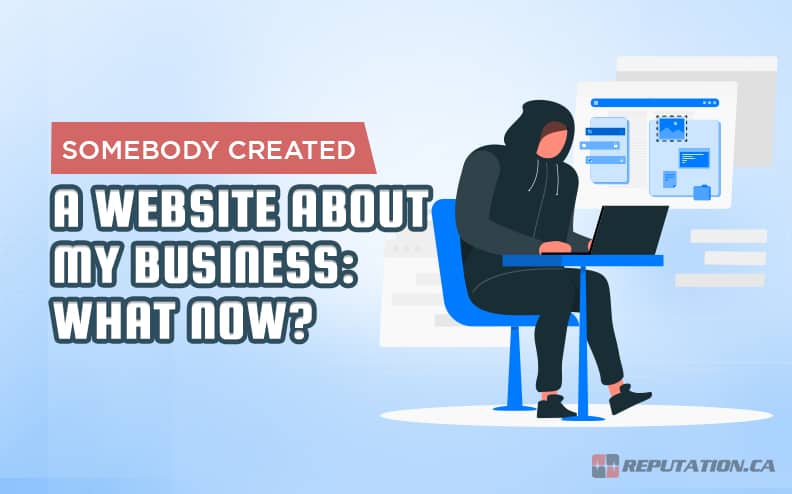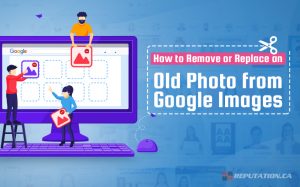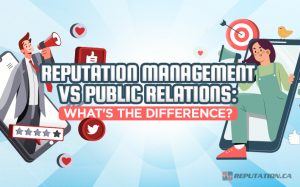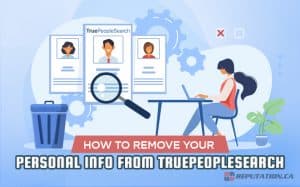The internet has become an essential resource for modern society, enabling us to communicate with others nationwide. It has also revolutionized commerce by enabling online trade that provides products and services to anyone who can find the appropriate company’s website. Because the internet has become the face of modern society, virtually every major service provider has created digital storefronts to reach more customers in areas where traditional retail locations are unavailable.
This function has served larger corporations well, with Amazon being one of the largest online storefronts with international reach. This evolution has made shopping and retaining services far easier than 50 years ago, but one issue affects companies.
Smaller companies or companies that have yet to transition to online commerce might not have a website for their products or service. While this is not necessarily an issue, some people are happy to take advantage of this situation and will create a website under the company’s name. Even if the company has an online store, others will create websites to discuss the company and possibly damage its reputation by speaking poorly of the brand.
Many websites exist where people can freely express their opinions and views about a person, company, or organization, regardless of the facts. If a website dedicated to discussing your business is created and rumors are allowed to gain a following, your business’s overall reputation could suffer. Which means the question we need to ask is: what can be done?
Scenario 1: A Fake Website
A fairly serious issue that could impact your business is the creation of a website that uses your company’s name but has no affiliation with you. This problem is more prevalent when the false website is the source of a phishing scam.
Phishing scams are situations where a website or phone call provides vague details to get the person who answers to give personal information. This enables the scammers to use that information to commit financial fraud for their own gain. Fraud is a serious issue and, in severe cases, can impact the victim’s financial status for years. Typically, phishers remain anonymous and use existing entities to mask their crimes.
The most recent example occurred in 2019-2020 when scam calls about extended warranties and bank accounts seemed to double during the COVID-19 pandemic. Insofar as phishing sites are concerned, the standard seems to be creating a webpage that emulates an existing business with a URL similar to the actual business, so customers stumble onto the fake website. Fortunately, fewer people fall victim to phishing websites since they are generally identified quickly, and most companies have recognizable web pages and URLs that customers notice.
However, the threat of a phishing website is serious and cannot be ignored by the company the scammers are hiding behind. If your business’s name is being misappropriated for a phishing website, you can take steps to counteract the website.
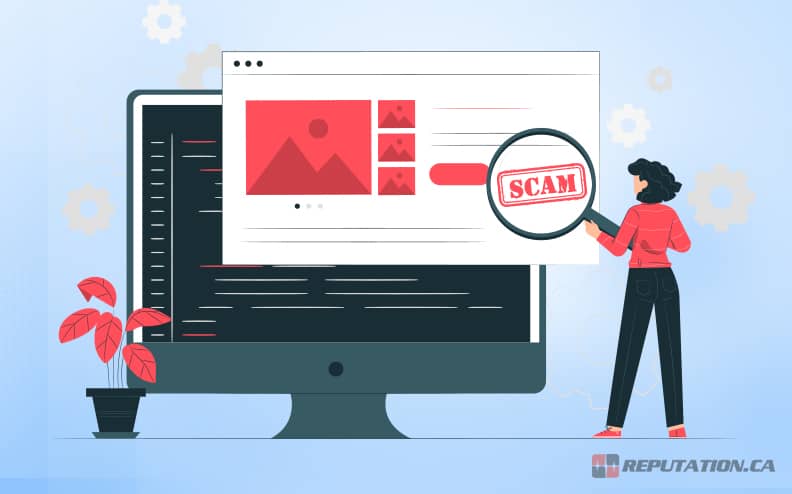
The main steps you need to take are:
- Inform your customers about the scam. This will help your consumers be more vigilant about the URL they visit and keep them apprised that a website using your name might be illicit.
- Provide consumers with resources to defend themselves if they have been victimized. This can be as simple as referring them to identity theft resources and advising them on what information they must present.
- Contact the authorities. Phishing is a crime, and reporting a fraudulent website to the Internet Crime Complaint Center will help remove the URL quickly.
Allowing a phishing website to operate under your business’s name could cause the general public to believe your company is fraudulent. Someone else’s actions under an assumed identity can seriously affect the actual company or person. The illicit activities of phishers under your name will be attributed to you if the truth remains obscured. Therefore, it is in your best interest to identify websites using your company’s name to determine if they are a threat. Especially since your reputation will still bear the marks of their actions after it is proven you were not responsible.
The big problem is that once word spreads that there were issues with your company’s name, most people will not look further to see if it was really your fault. So, the actions of the phishers may reflect on your company for some time.
Scenario 2: A Discourse Website
The next possible issue is that someone creates a website where people can freely discuss their opinions of other entities. This includes businesses, individuals, organizations, etc., that might be unpopular in certain circles. These discourse websites can damage your reputation since the exchanges there can spread rapidly, thanks to the efficiency of information technology. You might be wondering what you can do to remove conversations that paint your business in a bad light and damage your public image.
Unfortunately, the answer is “nothing.” These discourse websites are protected under privacy laws and the freedom of speech in America. The only ones who can remove these conversations from the website are:
- The website owner.
- The website’s content administrators.
- The person who made the post.
You cannot remove the content simply because it looks bad or hurts your reputation, but there are certain allowances if the discussions veer into the personal. If the conversations reveal information about your business, employees, or yourself that could be harmful, most websites will allow you to request its removal.

That said, you will be obligated to explain why that information endangers you and your staff. Otherwise, the content will likely be left alone since there is no genuine reason to remove it other than it makes your company look bad.
Additionally, this process varies by site, and some websites will not have any options to request content removal. Most do since they gain additional revenue from advertising, but smaller sites designed to be free discussion boards might allow any content to be posted. If the website allows takedown requests, you will need to follow the instructions outlined on the page. This usually involves providing certain contact information, such as an e-mail address, and a summary of why the content is harmful and needs to be removed.
After you complete that process, websites average a 24-to-72-hour response time before your request is accepted and the content is removed, or you receive an e-mail explaining that there is insufficient cause to remove the content.
The important detail here is that these protections are in place to protect the exchange of honest information and opinions. This means anything that is construed as a fact must be supported by evidence. If the content on a website is making a point of saying things that are patently untrue, you have more power to remove it since it becomes a civil issue.
If takedown requests are not an option, there is a way to bury these posts instead of getting rid of them. Accessing a website is most commonly accomplished by using a search engine to look up the company you want to access. The algorithm employed by search engines will show the company’s main website and pull up relevant news and information about them that might be important to the user. This includes the content on websites where your reputation might be getting tarnished.
Fortunately, there are methods you can use to put your company’s homepage at the top of the list and bury the content on these websites. This is usually accomplished by hosting a blog on your website that is relevant to your industry and will draw readers to your website rather than the one discussing your business.
Scenario 3: Libel and Slander
Our reputations are extremely important to our success, which has turned them into a legally protected resource. This is not to say there are laws preventing people from discussing factual failings or impropriety, but that lies can be punished. A website, blog, etc., posting content about your company’s failings and misconduct is only permissible if it is supported by evidence.
Anything posted without factual evidence must be distinguished as an opinion because otherwise, people assume it is a fact. Our society has begun an unfortunate shift into the belief that people are guilty until proven innocent, as opposed to the inverse. Therefore, a single accusation against an individual or company can turn half the population against them, even without evidence.
This was most recently seen in the Johnny Depp/Amber Heard fiasco when the latter accused her ex-husband of domestic violence. Before any proof was revealed, Depp’s career was heavily damaged as studios and sponsors began terminating contracts with him worldwide. Yet, the case later revealed that Heard’s accusations were untrue, and her career has remained intact despite those accusations. While Depp’s career is beginning to recover, the accusations alone were sufficient to sideline him for months. This same principle applies to articles and blog posts about a company.
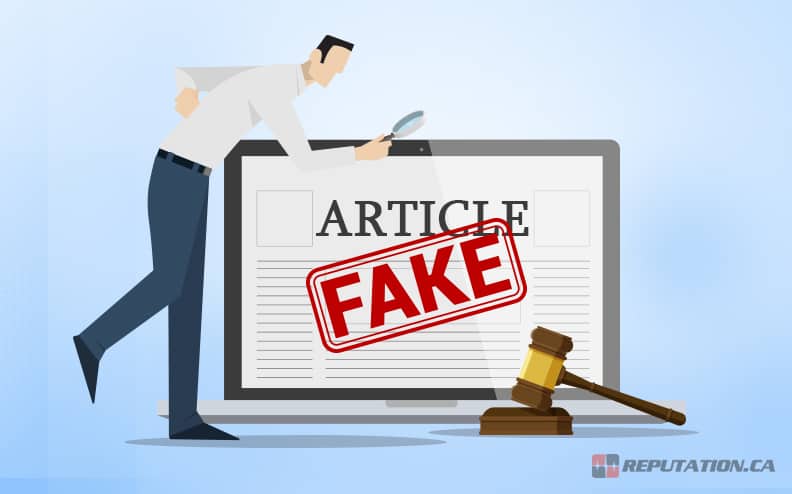
Let us say that you operate a company called GeneroCorp, which focuses on producing meat alternatives (i.e., impossible burgers). Then a website makes an article claiming you use beef broth when producing the patties to add flavor, therefore exposing a vegan product to animal matter. This could jeopardize your company’s image since those who subscribe to a vegan lifestyle would be outraged at having their decision undermined. If the article was backed by evidence and your company was indeed adulterating the patties with beef broth, their article would be justified. However, if the article was a slam piece because the person behind it simply takes offense to alternative meat products, they are guilty of libel.
Libel is a serious offense in civil courts since it is a defamatory act that adversely affects the reputation of citizens and corporations. Libel can reduce either demographic’s income and affect the individual’s quality of life and the company’s sustainability. Because libel can adversely affect the lives and businesses of millions, it is possible to fight back against misinformation and prove the poster’s malfeasance.
The biggest challenge with libel is that you will have to seek legal action against the website over its actions. Filing a lawsuit over libel might not be the most appealing scenario, but it is one of the few ways to hold someone accountable for their deceptive practices.
It is important to note that libel is no longer considered a criminal offense in most states. This means that any lawsuits filed against a defamatory institution will be designed to settle rather than impose a sentence. Nevertheless, proving that an article is defamatory and unsupported by fact can help repair damage to your reputation. It will not fix all the damage if the article was available for some time, and you will have to come forward and make a public statement explaining the deception to recover some goodwill from your customers. Ultimately, countering libel is one of the more effective methods for countering a malicious website.
Take Your Reputation Back!
The reputation you cultivate as a professional is critical to success but can be easily destroyed if you do not work to preserve it. Especially since one person or group commandeering your company name could damage it despite your best efforts. While some websites can be neutralized, others require more finesse to overcome.
Regardless of what the situation is, the first step will always be identifying these harmful domains so you can take action against them. This can be challenging if you are operating independently, and you might need assistance to identify these sites.

We at Reputation realize how difficult managing a reputation can be, especially given the rising number of threats to personal image. That is why we have devoted ourselves to helping any company in need of reputation management by offering a comprehensive list of services. We can run searches on your behalf and identify phishing websites using your company name or defamatory content on discussion sites. We can even help tweak your site according to the Google algorithm, so your content retains higher priority in search engine results. If your reputation is suffering, do not delay and visit our website so you can take your reputation back!




